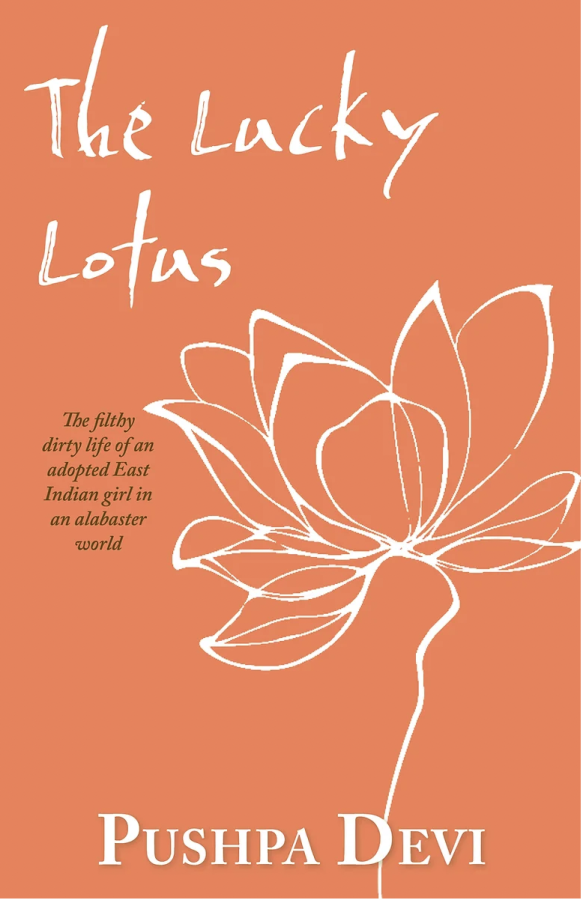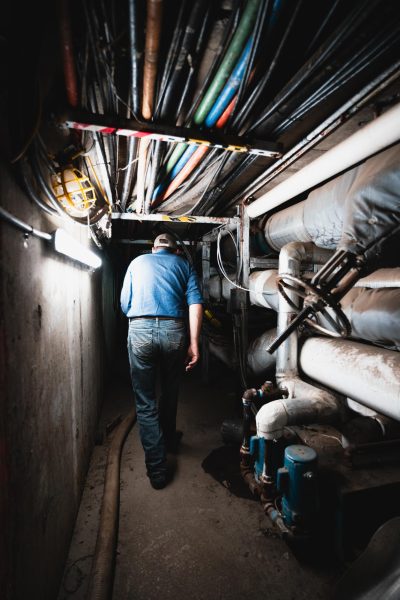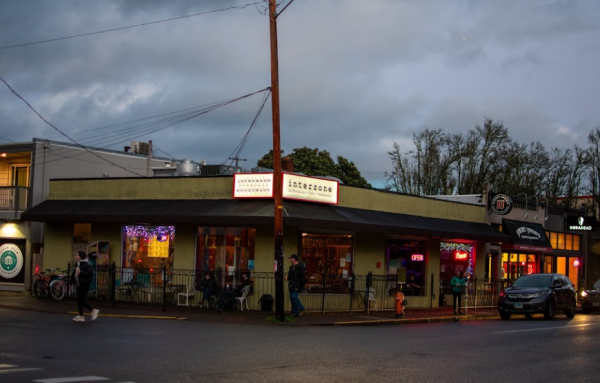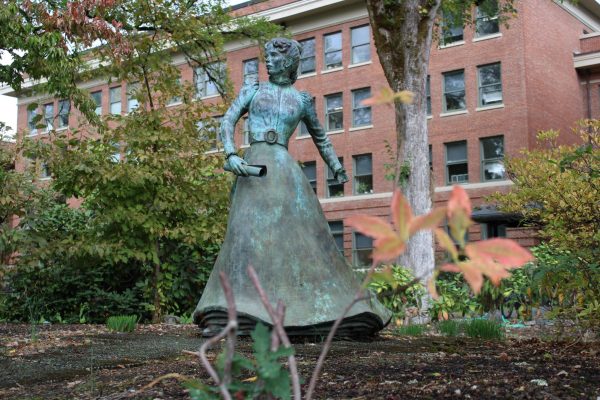OSU alumna publishes inspiring memoir 30 years in the making
Image courtesy of Devi from her website, https://www.authorpushpadevi.com.
The cover of The Lucky Lotus, Pushpa Devi’s memoir.
February 24, 2023
Editor’s note: This article contains mention of sexual abuse, physical abuse and suicide ideation.
At the age of six, Oregon State University alumna Pushpa Devi was adopted from East India by a physicist and a teacher who lived in the Vineyard Mountain area of Oregon, where she grew up.
Over the course of the past 30 years, Devi wrote her memoir, “The Lucky Lotus: The filthy dirty life of an adopted East Indian girl in an alabaster world,” which was published on Jan 23.
Devi said a variety of people connect with her book because it deals with a lot of heavy topics, including the sexual abuse she endured at the hand of her biological father back in India.
“It hits so many people,” Devi said. “There’s sexual abuse, physical abuse, suicidal tendencies, there’s adoption and race issues — you know, being adopted by a white family and growing up in Corvallis.”
Devi said the response to the book has been much greater than expected; she’s had tons of people reach out to her, including students from her high school as well as people all over the country relating to her experiences.
“I told my husband, if I can help one person, I’m happy,” Devi said. “The first two weeks this book came out, I was crying every day.”
Devi said she remembers a lot of the abuse from her biological father and her following experience at a Catholic boarding school at age four, where Mother Teresa worked off-and-on. Her adoption by her American family was arranged by a third-party woman, who never informed her biological mother where Devi was going.
”My (biological) mom didn’t know, (she) thought I was getting sent to southern India but I was sent to America,” Devi explained. “She didn’t know where I was for like three years.”
Devi didn’t reconnect with her biological mother until she was 31 and traveled back to India where she met her brother and sister as well as her mother, who is only 13 years older than her.
“When I went back she told me her story and I went, ‘What the hell?’ I had no idea,” Devi said. “My (adoptive) parents told me (my biological mom) ‘didn’t want you, didn’t love you, that’s why you’re with us’ which was hard for me to swallow… so I didn’t want anything to do with my mom.”
According to Devi, she planned to just see the country during her visit to India but her boyfriend at the time “coaxed” her to meet her mother and that’s the only reason she ended up doing so. She said she and her mother spent the next 20 years going “back and forth” until five years ago, when Devi and her husband decided to bring her to visit Florida, with less-than-ideal results.
“She was an absolute bitch,” Devi laughed. “When you read my book, you’ll know I’m not going to hold back what I think.”
Devi said despite her and her family’s efforts to make her mother comfortable and happy, nothing worked. She said they ultimately had to send her back to India early due to all of the drama.
“I took her back to the airport, dropped her off, said bye and never talked to her again,” Devi said. “All that time I’d been sending her money and trying to help them and I think she was kind of just using me, honestly.”
Devi said she doesn’t blame anyone in particular in her book, since her adoptive parents weren’t aware of the whole situation and her mother was a victim in her own right.
During Devi’s period of suicidal ideation during her time as a student, she said she was very nearly hospitalized and ended up seeing a counselor at OSU who let her get everything out on the table.
“(The counselor) said one thing that’s stuck with me this whole time: ‘So, I think you’re going to have to realize you have no foundation, and you’re going to have to create your own foundation,’” Devi said.
According to Devi, she never saw that counselor again, but found relief in someone understanding her enough to provide “worthy” advice. She said she worked through a lot of her trauma through hot yoga, which helped her bring up memories so she could write them down.
“The reason I called (the book) The Lucky Lotus is because I feel like I’m like that lotus,” Devi said. “I was in the mire, the shit; you know that nasty, silty muddy crap that’s in the bottom of a pond? That’s what I was living in and I had to work my way through that water to come out and bloom.”
Devi said she doesn’t want people to just “feel sorry” for her, she just wants to help others work through their traumas too.
Devi went to Western University, realized it wasn’t a good fit, and transferred to Linn Benton Community College before ultimately ending up at OSU. Due to a deep depressive episode, Devi decided to step back from school with only about a term left.
Despite having the opportunity to finish school in Florida, Devi said she really wanted to graduate from OSU specifically, and ultimately graduated with a degree in human development in 2017. When her father passed away in 2015 and left her some inheritance, she used the money to finish her degree. She said she was worried about being the oldest graduate but was pleasantly surprised to find students of all ages.
Devi said she didn’t have a great support system during her time at OSU despite loving the school and meeting her first serious boyfriend there.
“I felt so out of place everywhere that I was,” Devi said.
Devi said she had one anatomy professor who was particularly attentive and noticed she was struggling on her tests, so he pulled her aside.
“(The professor) knew something was wrong,” Devi said. “He took me over every single question on the test and gave me a higher score.”
Devi said when she first went to OSU, diversity was limited to a few Asian kids, but she still struggled to fit in thanks to being an “Americanized Asian.” She said she worried about fitting in and finding love in high school at Crescent Valley too, but later found out no one thought she was the odd one out.
“But now I’m friends with all these people I graduated with,” Devi said, “and they’re all like, ‘We never saw you as anything different, we didn’t even know you were anything different’ and I was like ‘What? Was that all made up in my own head?’”
Devi said she wasn’t aware of any culture groups for her to take part in when she was a student, but she found refuge in working out at Dixon Recreation Center and hiking the trails around Corvallis.
“There’s just something about Oregon State that I’ve always loved,” Devi said. “I don’t know what it is. I love the campus, I love the buildings… There’s a feeling about it I have when I’m there.”
For more information, you can visit Devi’s website.







